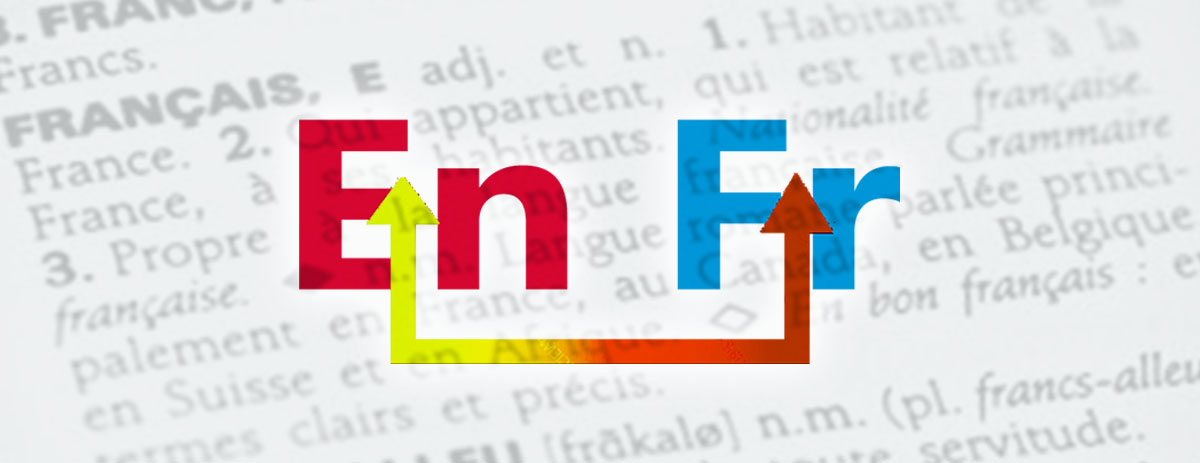Quantificateur
Domaine
Intelligence artificielle
Logique formelle
Raisonnement automatique
Coulombe
Définition
En logique formelle, un quantificateur est un opérateur logique qui sert, comme son nom l'indique, à quantifier des éléments dans une formule logique.
Les quantificateurs logiques les plus communs sont le quantificateur existentiel (il existe) représenté par le symbole ∃ et le quantificateur universel (pour tout) représenté par le symbole ∀.
Français
quantificateur
Source:
https://fr.wikipedia.org/wiki/Quantificateur_(logique)
Anglais
Quantifier (logic)
In logic, quantification specifies the quantity of specimens in the domain of discourse that satisfy an open formula. The two most common quantifiers mean "for all" and "there exists". For example, in arithmetic, quantifiers allow one to say that the natural numbers go on for ever, by writing that for all n (where n is a natural number), there is another number (say, the successor of n) which is one bigger than n.
A language element which generates a quantification (such as "every") is called a quantifier. The resulting expression is a quantified expression, it is said to be quantified over the predicate (such as "the natural number x has a successor") whose free variable is bound by the quantifier. In formal languages, quantification is a formula constructor that produces new formulas from old ones. The semantics of the language specifies how the constructor is interpreted. Two fundamental kinds of quantification in predicate logic are universal quantification and existential quantification. The traditional symbol for the universal quantifier "all" is "∀", a rotated letter "A", and for the existential quantifier "exists" is "∃", a rotated letter "E". These quantifiers have been generalized beginning with the work of Mostowski and Lindström.
Quantification is used as well in natural languages; examples of quantifiers in English are for all, for some, many, few, a lot, and no; see Quantifier (linguistics) for details.

Contributeurs: Claire Gorjux, Claude Coulombe, Jacques Barolet, wiki






